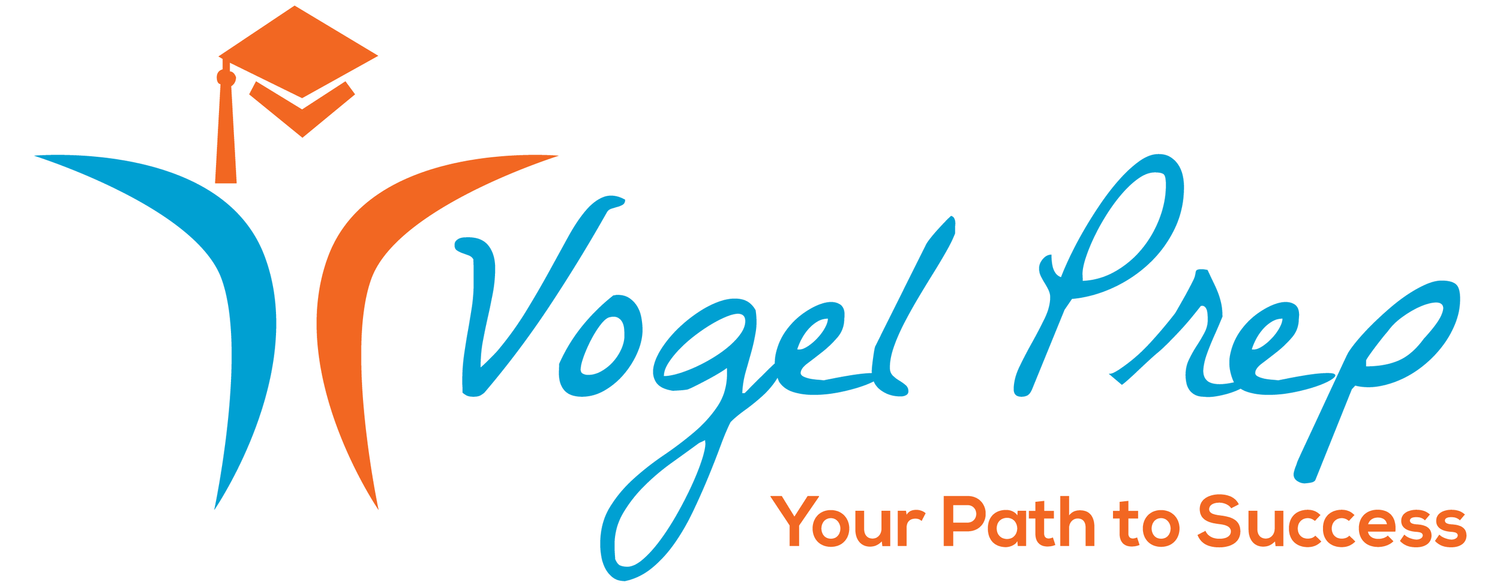Congratulations to ACT.org, who turned 60 this year! At the same time, they are, in their words, “transitioning from being an assessment company to a learning, measurement and navigation organization.”
In the last few years, ACT acquired several companies, including Mawi Learning, Knovation, Open Ed, Smart Sparrow, National Research Center for College and University Admissions, and the American College Application Campaign. These additions to the ACT family offer assessment development tools, enriching the ACT’s knowledge base and abilities to build a framework for testing the efficacy of their learning products. The ACT’s efficacy framework combines learning measurements with navigation of learning tools to achieve predefined outcomes.
The ACT’s newly acquired knowledge, combined with supportive research and strong activism, has turned them into a major standardized testing trendsetter. The ACT promotes initiatives in a wide range of areas, including increasing the number of first-generation college students among students from low income families; evaluating disparities in technology available to students in rural and suburban areas; and supporting more student-friendly usability of their major assessment, the ACT test.
In July, The ACT released a new study that evaluated the validity and fairness of different score-usage policies. An older study had indicated that underserved students were less likely to take the ACT multiple times. But now with the availability of fee waivers and free studying resources, it is believed that there is a fairer playing field for all students. In addition, now the ACT has announced that, starting in September 2020, they will automatically calculate and report the superscore for all students! While the ACT encourages colleges to evaluate their own policies, they believe superscoring provides a more valid and fair report.
In a more recent press release, the ACT announced they will offer students more choices and faster results. These options are beneficial for students who may not need to take multiple complete tests if they are trying to improve only one or two areas of the test.
These additional options include:
1. ACT Section Retesting: Students who have already taken the ACT test will be allowed to retake individual ACT test sections (English, Math, Reading and Science), rather than having to take the entire test again.
2. Online testing with faster score results: Students will, for the first time, have the option of online or paper testing on national test days at selected ACT test centers, eventually expanding to all test centers. The test is currently administered only on paper on national test dates. Online testing offers two-day turnaround compared to about 10 days for traditional paper-based administration.
3. ACT Superscoring: ACT.org will report a superscore for students who have taken the ACT test more than once, giving colleges the option to use the student’s best scores from all test administrations, rather than scores from just one sitting. New ACT research suggests that superscoring is more predictive of how students will perform in their college courses.
To understand more about the new choices, visit the ACT’s website.
However, in the end, each college will determine what scores they want reported. Caution should be exercised until they proclaim their ACT scoring policy. To guide colleges on how to treat multiple admissions test scores, the ACT has also prepared an ACT Working Paper.
All these changes are very positive for students, and we hope they will reduce the amount of stress and anxiety that students go through in preparing for these tests. Please contact one of the staff at Vogel Prep for the impact of these important changes on planning for your student’s test preparation.
At Vogel Prep Tutors we offer a variety of resources to properly prepare students for the ACT—including one-on-one tutoring, small group classes, and more. For students aiming to put their best foot forward in the college application process, there’s no better place to start prepping for the ACT.
